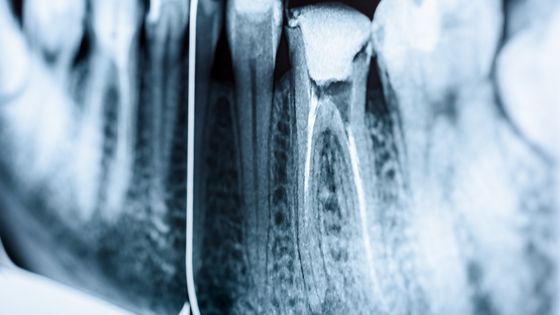We know you have a lot of St. Petersburg Dentists to choose from. Which is why we make every effort to provide a unique and personal experience for each and every one of our patients. We are 100 percent invested in top of the line dental technology, continued education and service.
Root Canal Therapy: What to Expect
Root canal therapy is a common procedure used to treat infected or inflamed teeth. It is often the most effective way to save a tooth, and St. Pete Dentist, Dr. Brian Leeson offers this treatment for patients who need it. If you’re considering root canal therapy, here’s what you can expect from the procedure.
What Does Root Canal Therapy Involve?
Root canal therapy involves removing any damaged tissue from the root of your tooth. This includes cleaning out any bacteria that may be present and then filling the empty space with a rubber-like material called gutta-percha. Once this material has been inserted, the area is sealed off so that no further damage can occur. The process usually takes between one and three visits, depending on how many roots your tooth has and other factors such as the severity of infection or inflammation. The procedure itself typically takes around an hour to complete.
Pain Management During Root Canal Therapy
Many people worry about how painful root canal therapy will be, but in reality, most patients report very little discomfort – if any at all! Our team at 4th Street Family Dentistry in St. Pete are highly trained professionals and we use only the latest technologies and techniques to ensure that our patients have a comfortable experience during their root canal procedure. We also offer a variety of pain management options including sedation dentistry, which can help reduce anxiety or fear associated with dental procedures such as root canals.
Aftercare Tips For Your Tooth Following Root Canal Treatment
Once your root canal treatment has been completed, it’s important to take steps to ensure that your tooth remains healthy and that no further damage occurs. To do this, you should brush twice daily using a soft-bristled toothbrush and floss every night before bedtime to remove any food particles or plaque that may have built up on your teeth over time. You should also avoid eating hard foods or chewing gum for several days after your treatment as these activities could cause discomfort in your treated tooth area. Additionally, it’s important to visit St. Pete Dentist regularly for routine checkups and cleanings so that we can monitor the health of your teeth following root canal treatment.
Root canal therapy is a common procedure used by dentists for treating infected or inflamed teeth in order to save them from a tooth extraction or worse outcomes such as abscesses or bone deterioration due to infection spread throughout your jawbone structure. It’s important for those considering this type of treatment understand what is involved in order to make an informed decision about their oral health needs. We are committed to making sure our patients have everything they need in order to make an informed decision regarding their oral health care needs. We offer professional guidance on root canals, pain management options, and aftercare tips so our patients never feel like they’re going through this process alone. Contact us today if you’re interested in learning more about how root canal therapy works!









